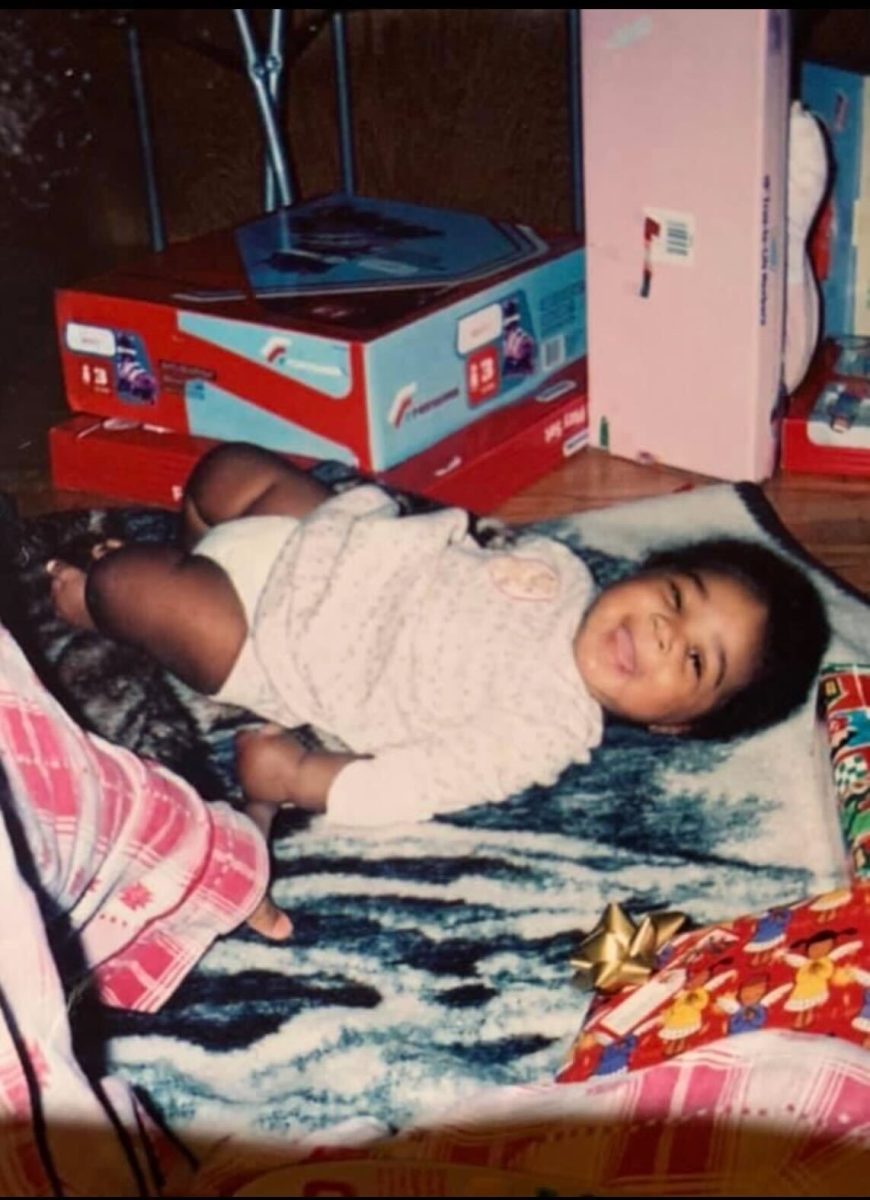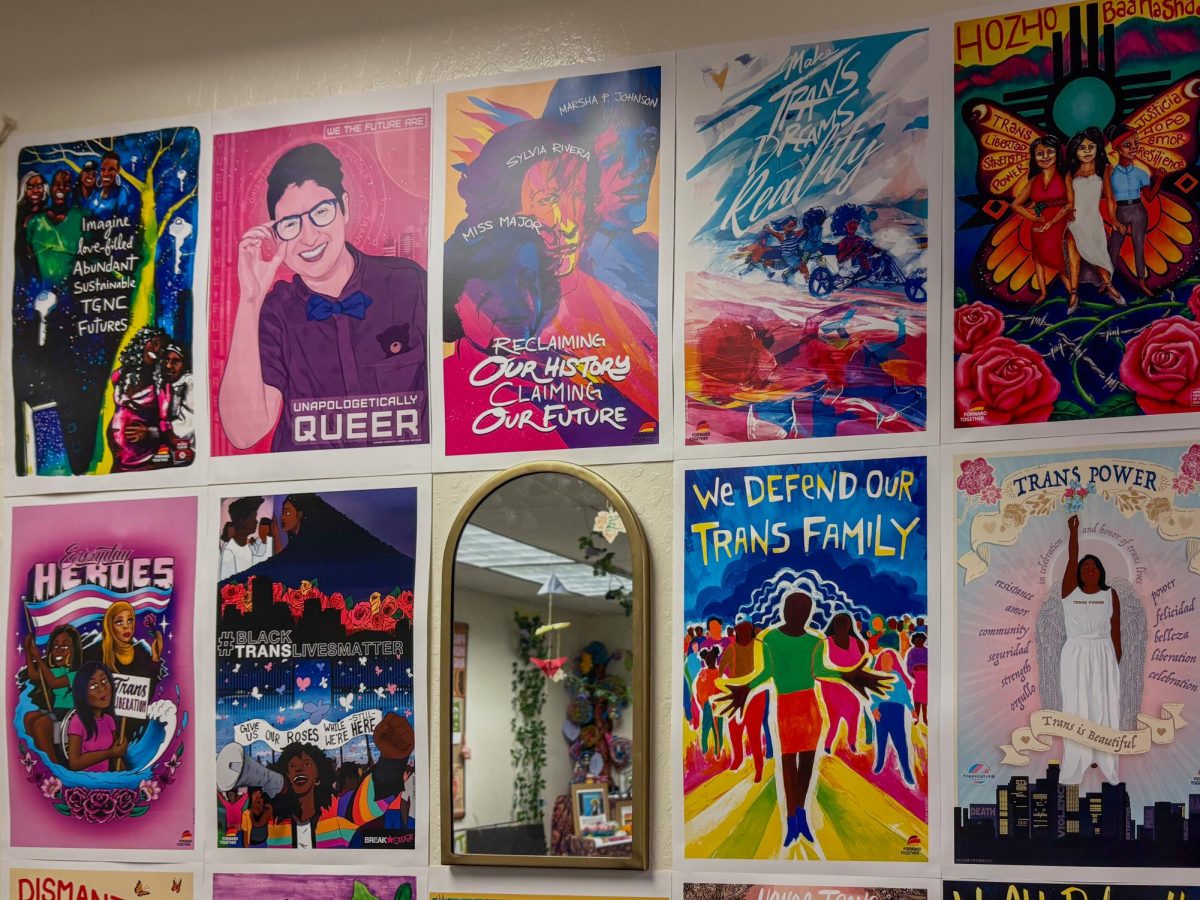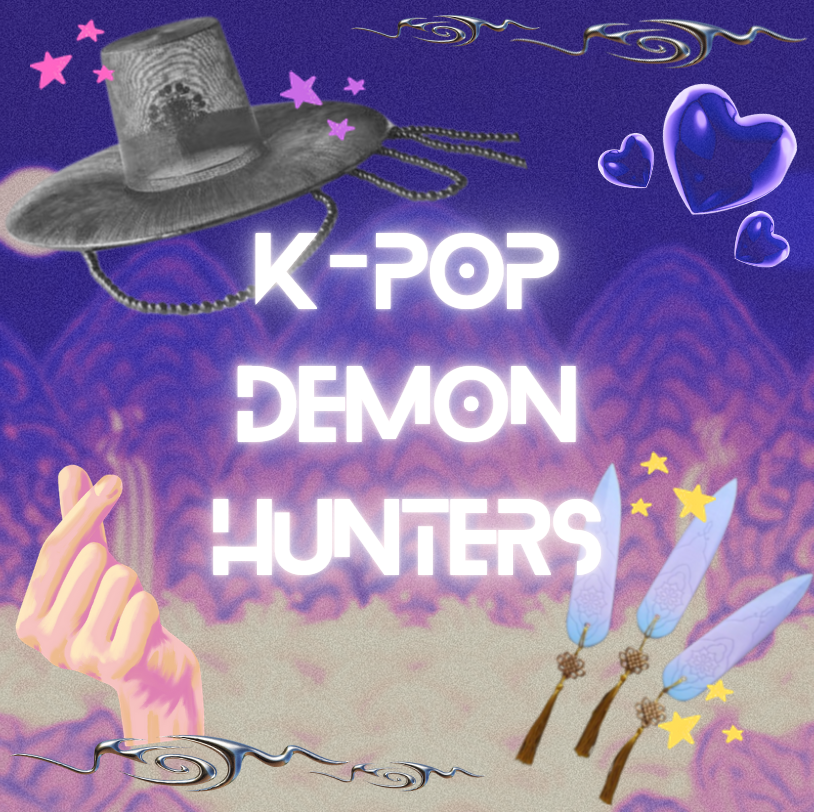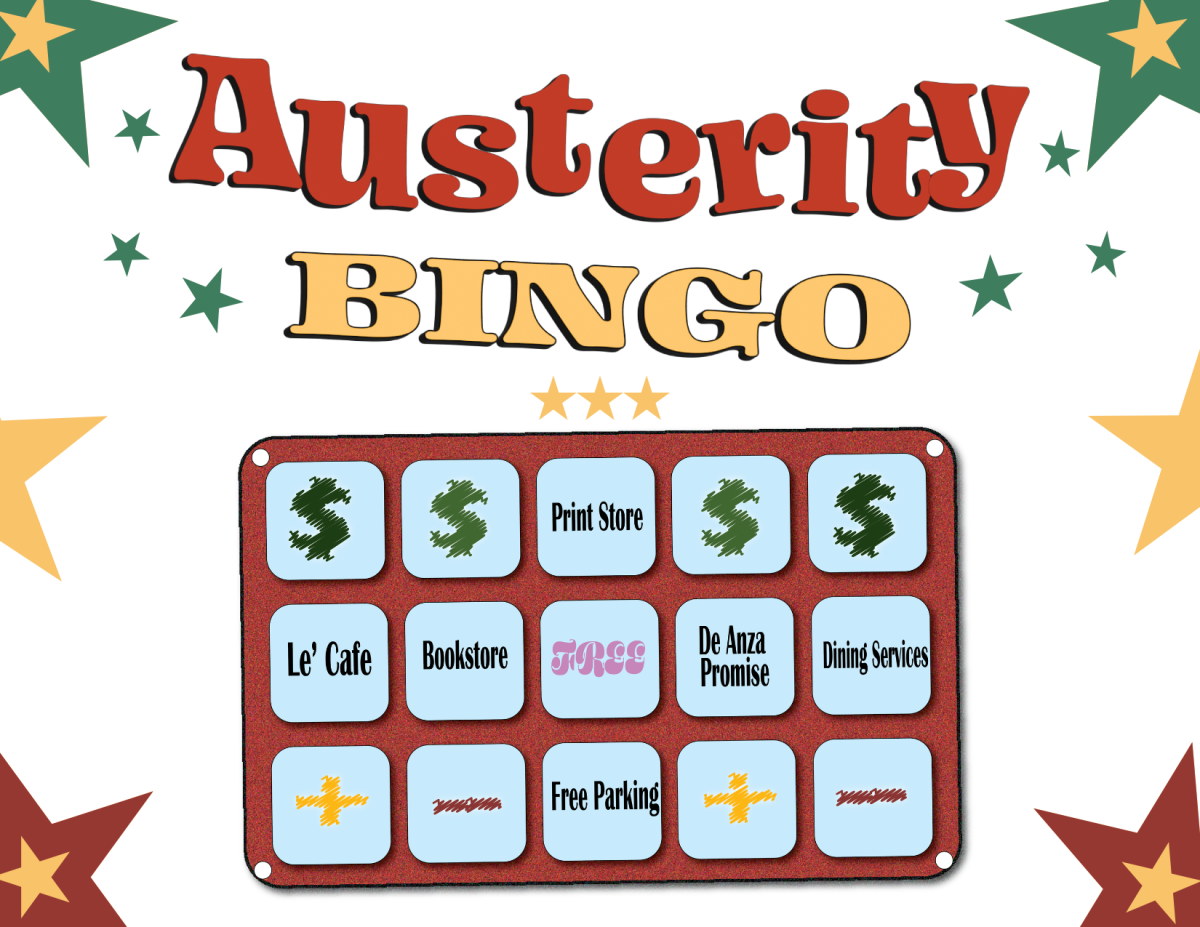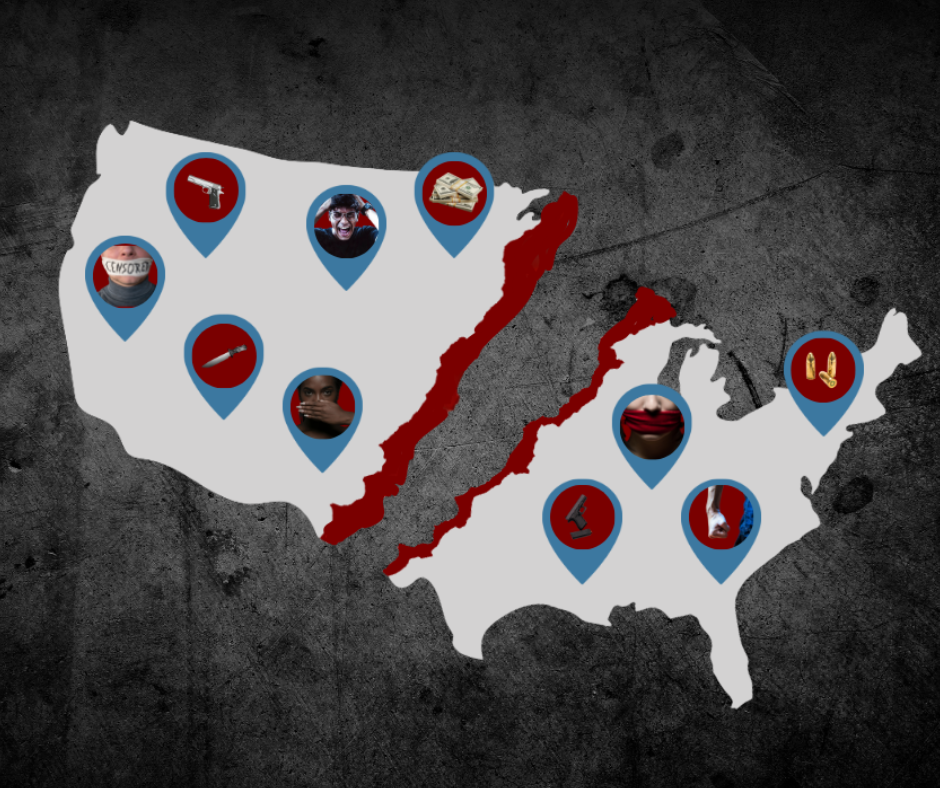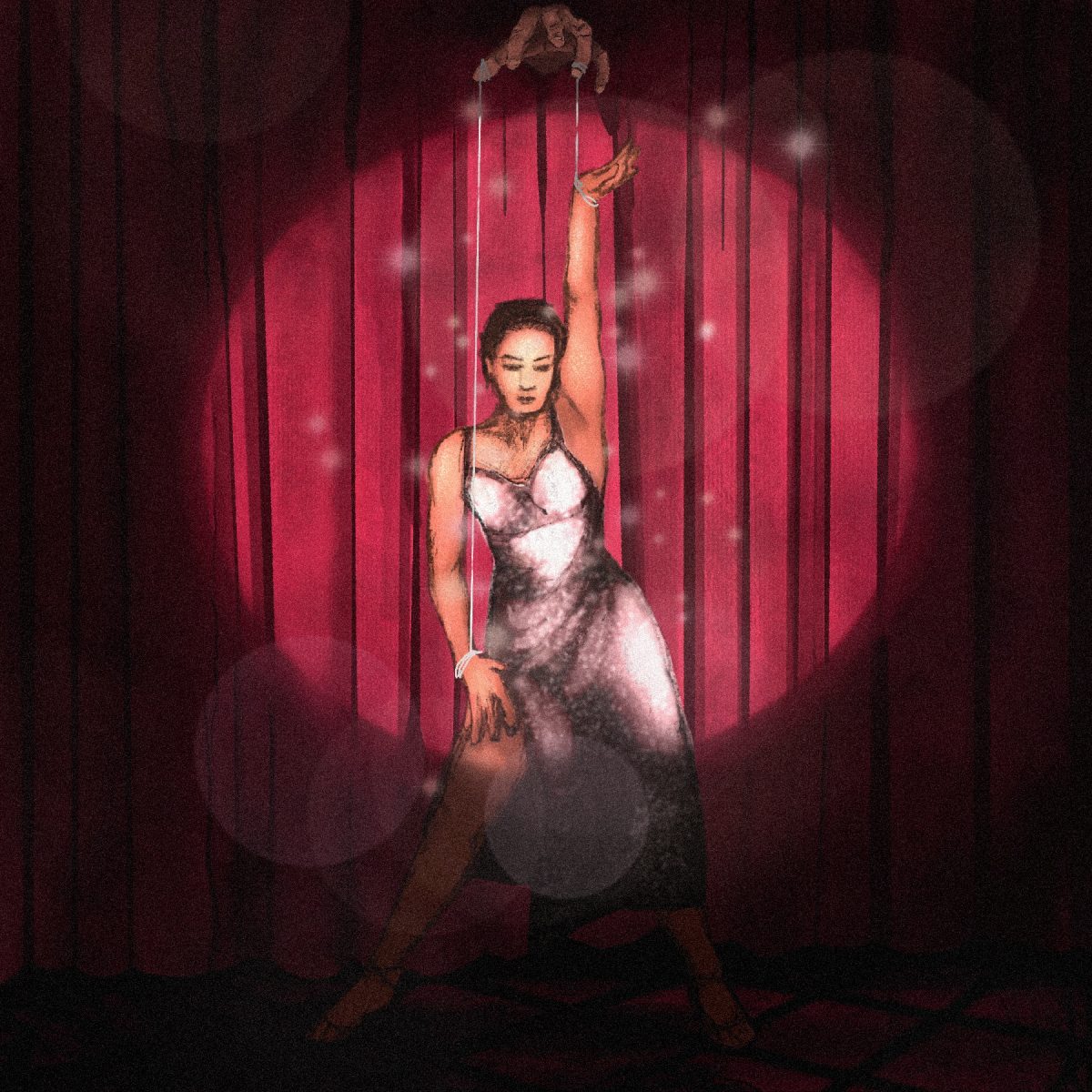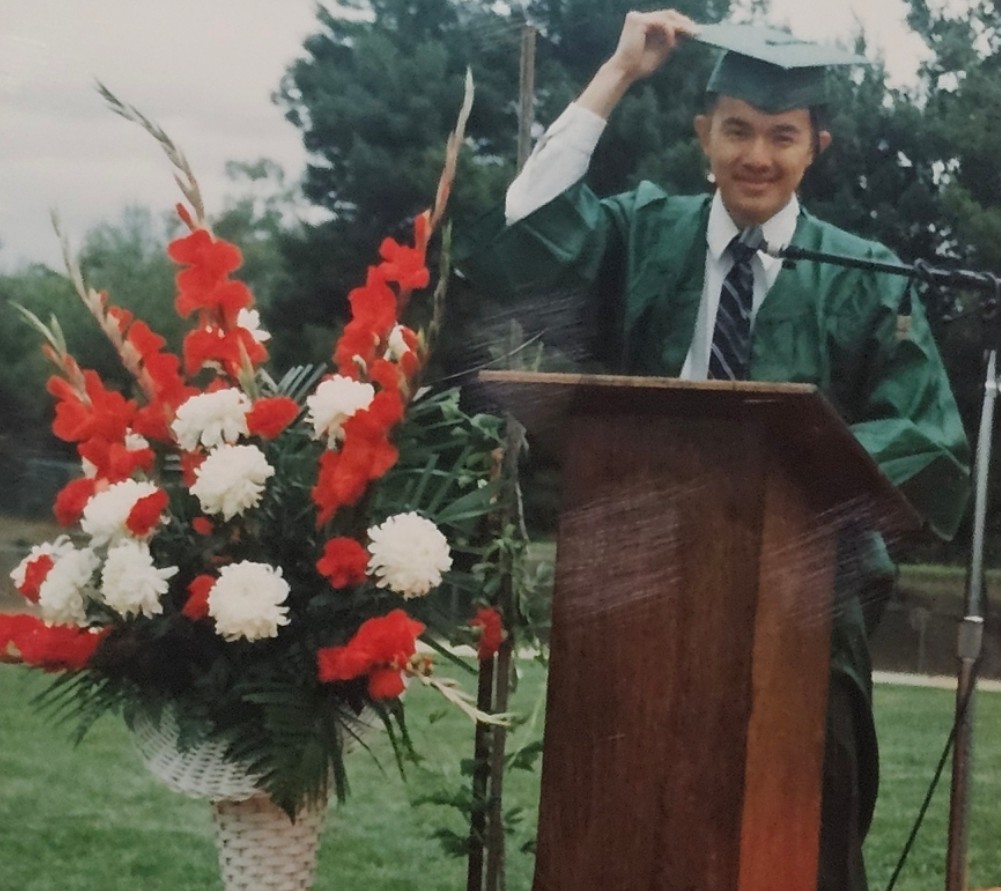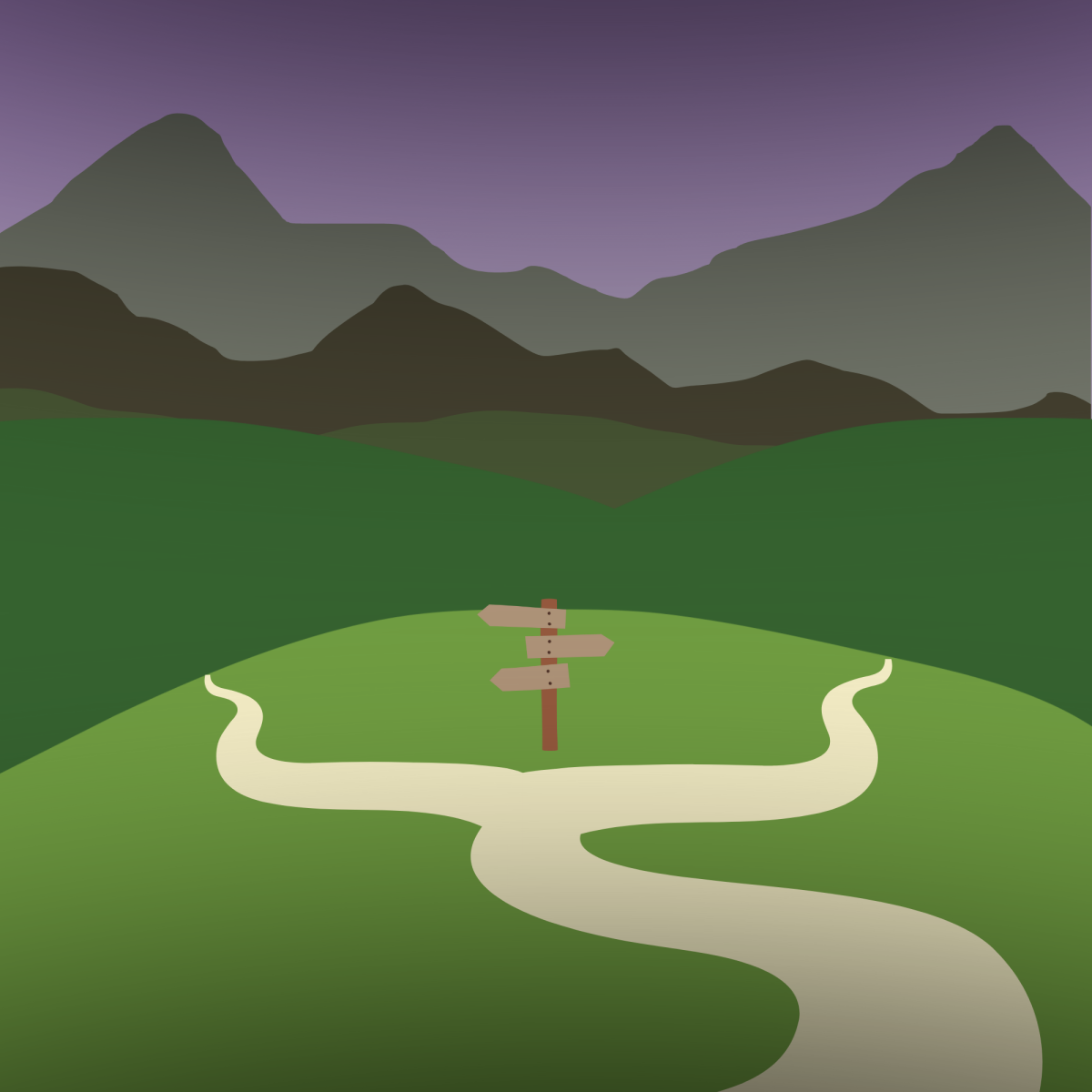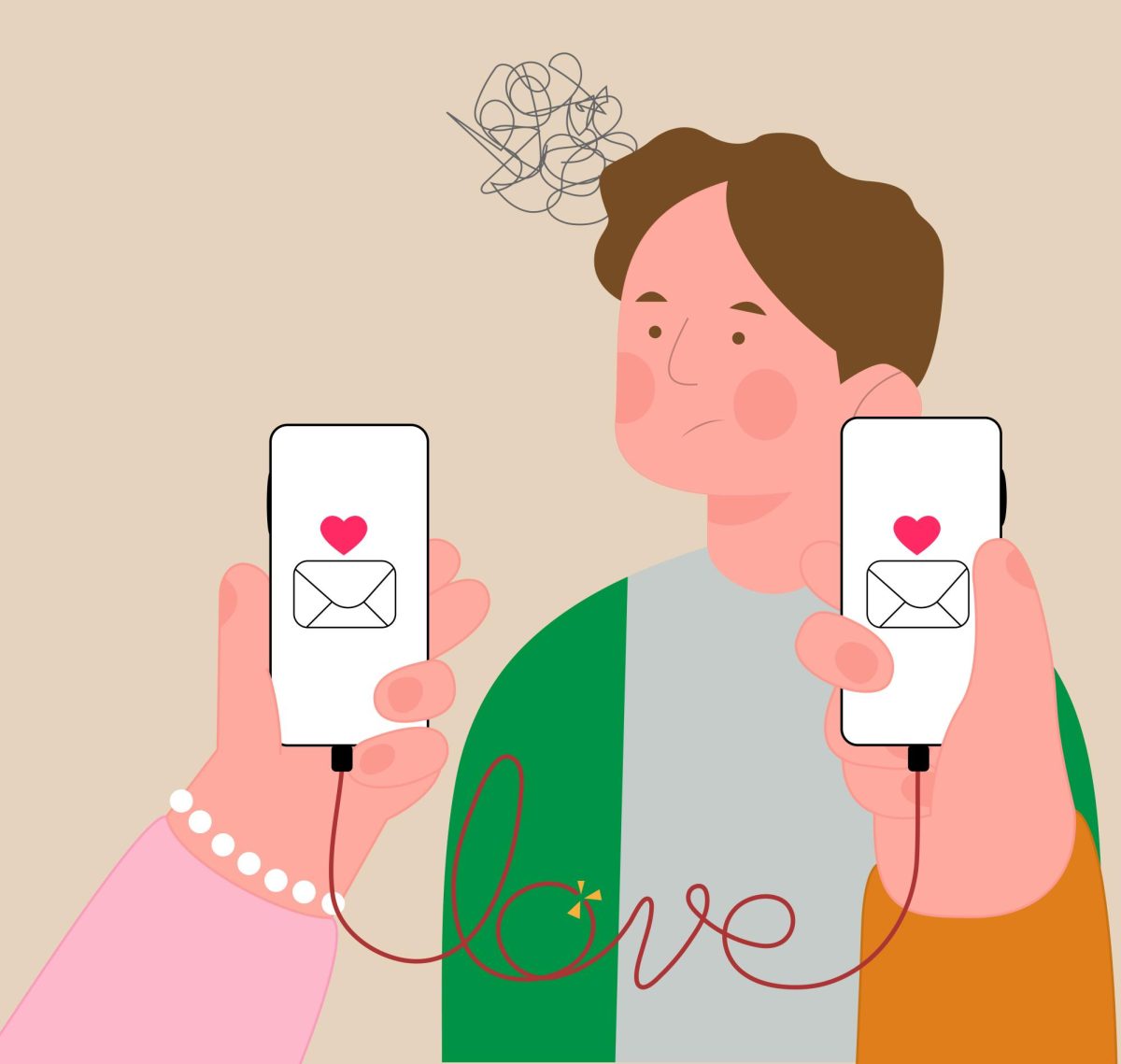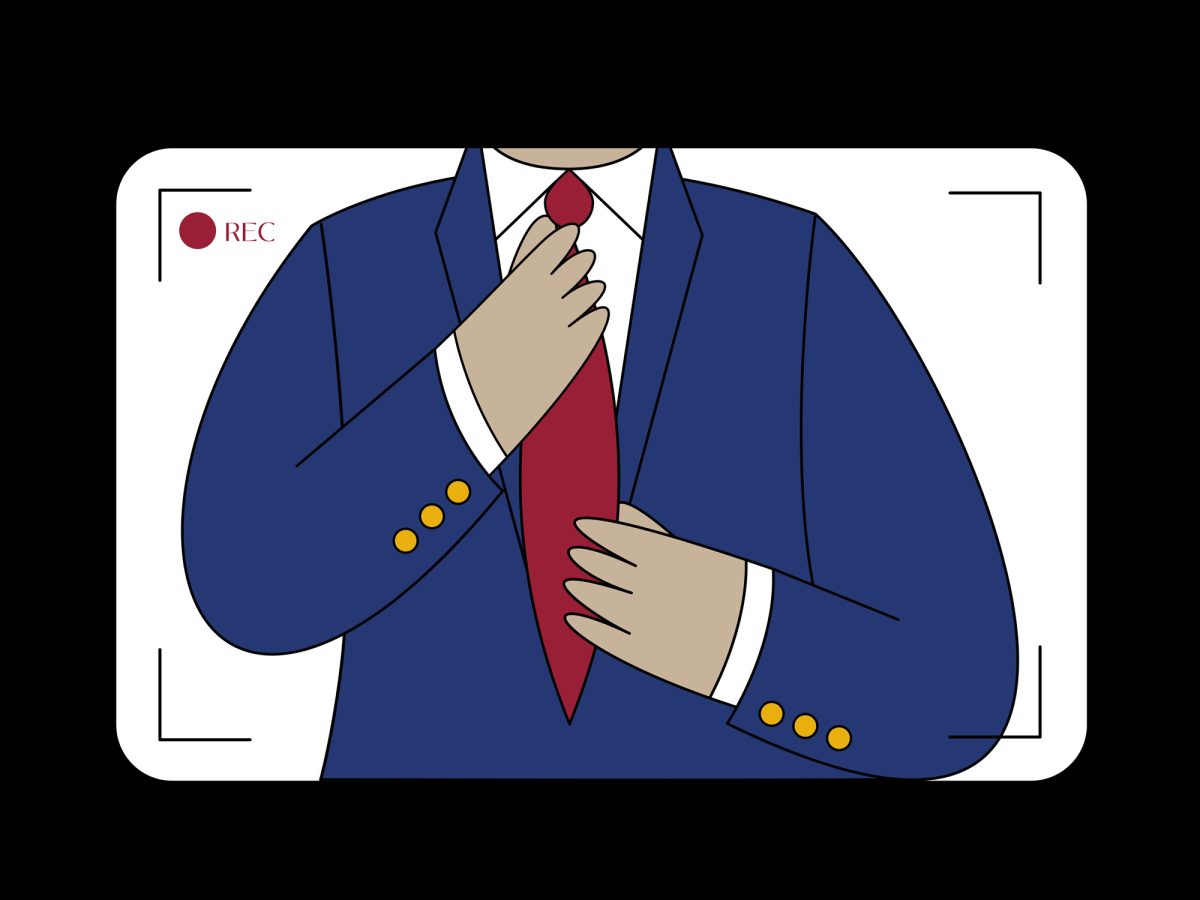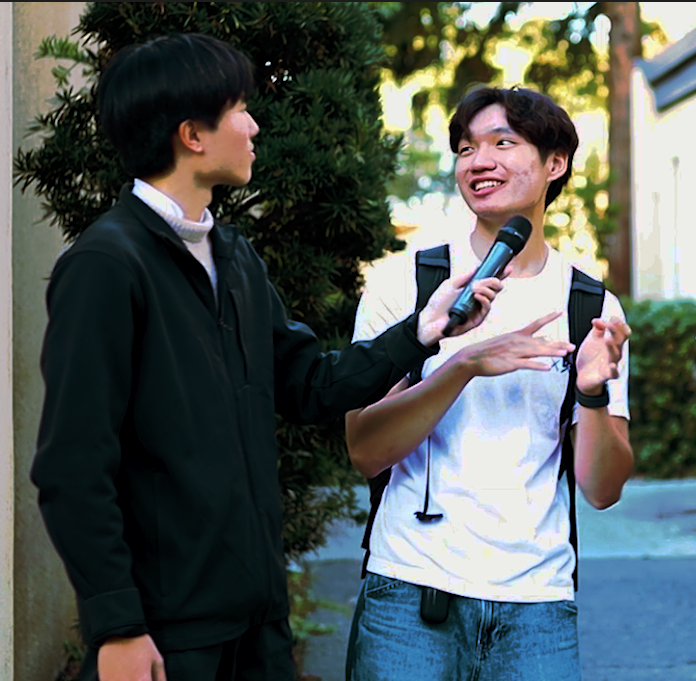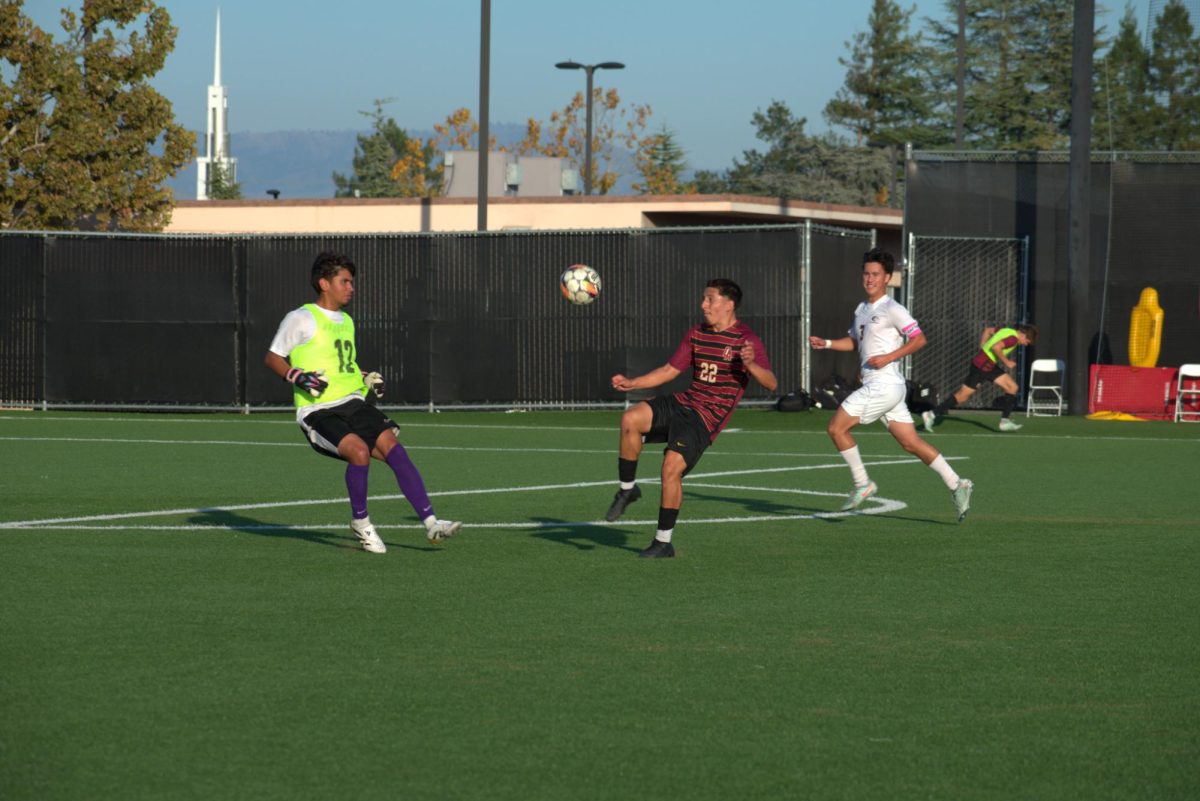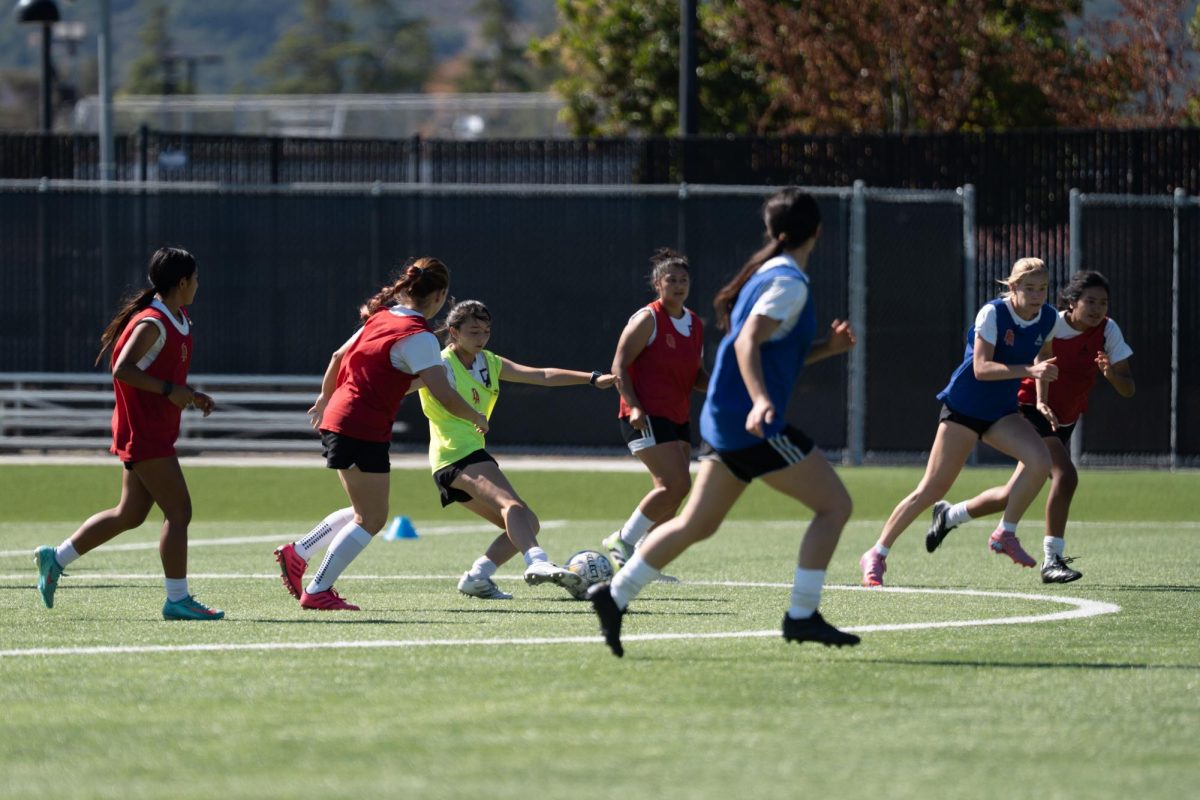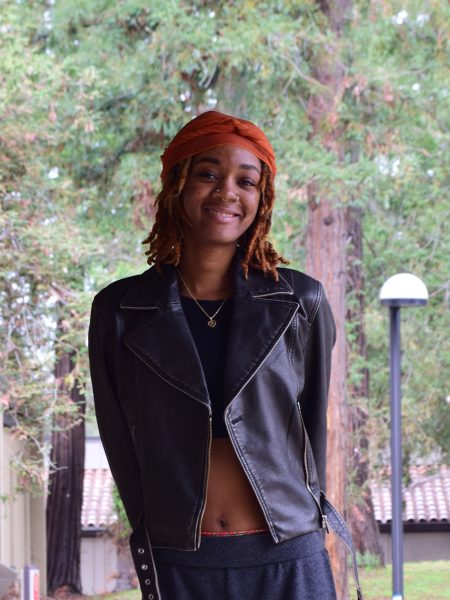Ossie Davis, a leading civil rights activist who stood alongside Martin Luther King Jr., once said, “I find, in being Black, a thing of beauty: a joy, a strength and a secret cup of gladness.”
Carter G. Woodson and other notable African Americans declared the second week of February to be Negro History Week. In 1976, our 38th President Gerald R. Ford became the first U.S. president to communicate a message publicly acknowledging it as Black History Month instead, which has had a ripple effect since.
February, the shortest month, is the time to recognize the sacrifices and contributions that Black people have made in our nation. However, the Black experience doesn’t stop when the clock hits midnight on the last day. What then?
I was born in San Jose, California, but moved to Sacramento in the fourth grade, so that’s basically where I grew up. For my elementary and middle school years, I was primarily surrounded by the White, Asian and Hispanic demographics. White faculty dominated the space with a handful of ethnic faculty — most of them being security.
Despite the lack of representation and familiarity, I never felt I was treated differently. Maybe I was too young to notice, but I had no reason to complain. I had tons of friends and the workload was still awful. I can say that those younger years in school were probably my most carefree yet.
I only saw a problem with it once it was time to start dating.
In kindergarten, I had a massive crush on a boy — let’s call him Anthony — who was Filipino. I distinctly remember us riding bikes together during our free time, coloring and always being in each other’s company.
One day, for some reason, I had the bright idea to hug him and signify to him and the world that I liked him. Taken aback, he pushed me away and never spoke to me again. I was so heartbroken to see that he was holding another girl’s hand, a white girl’s hand, just two days later.
It was silly, this interaction was over a decade ago, yet I can still recall every detail like it was yesterday. Why is that?
In elementary school, specifically sixth grade, I had another massive crush on a boy — let’s call him Michael — who was Asian. We had been in the same class for two years and I thought it was destiny. Our personalities were drastically different: I was outspoken, while he was more reserved — our friend groups were also very separate.
So if it wasn’t in a class setting, we had no reason to communicate with one another. Even if those past two years consisted of unreciprocated staring from across the room and classroom-favored discussions, I still thought he was gorgeous.
If I was anything, I was cheesy and a hopeless romantic, even at nine.
It was “computer lab” day. With everyone distracted on the computers with homework or games, little ol’ me was determined to find the most romantic and heartfelt poem on Google to print out and give to Michael — anonymously.
The game plan went as planned — with my friends involved and the class out for recess, one would distract the teacher, the other would keep watch at the door and with the printed poem in hand, I would place it in his backpack.
To summarize, the fallout was nothing like I expected. The same day the poem was placed, wholly petrified, Michael’s friends spent the entire second half of the class figuring out who the culprit was. Considering how obvious I was about my feelings for him, it wouldn’t take long for his group of detectives to sniff me out.
To conclude, we never made eye contact again and it was like I was invisible to him.
I could’ve brushed it off, but a similar scenario happened again in seventh grade and again in my senior year of high school.
Again, why can I recall every detail like it was yesterday?
The fact that I was never chosen made me insecure about everything.
Maybe it’s because I have acne? Or perhaps because I was scrawny, my voice had more bass than other girls and I was the tallest?
Or maybe it’s because I’m Black.
As the rejection continued, I subconsciously became ashamed of my Blackness and thought it was the reason why no one outside my race returned my feelings, as I had never dated within my own race. After a while, I think I tried to prove something to myself.
I never voiced this frustration to anyone, not even myself, and with that, the resentment against my Blackness grew and so did my mental drainage.
It wasn’t until a year ago, after a long time of self-reflecting and love from my family, that I realized the solution to this built-up anger: forgiveness and acceptance.
Rejection happens in all forms, in any interpersonal relationship, a job interview, maybe a university, but rejection in your own identity? It challenges your idea of self-worth and offers complete isolation. That’s what I was forced to realize.
Accepting the parts of me that I was ashamed to acknowledge and listening to my heart fully allowed me to release that pent-up resentment towards my race and appreciate it in its entirety.
Black History Month is a constant reminder that no matter where you are in life, we can’t let those memories, achievements and sacrifices Black people have made in this country be easily forgettable. It’s a time to celebrate our differences and highlight the inclusion in our community, which inspires me daily.
I forgive those boys who rejected me because now I can accept myself in my most natural form.



